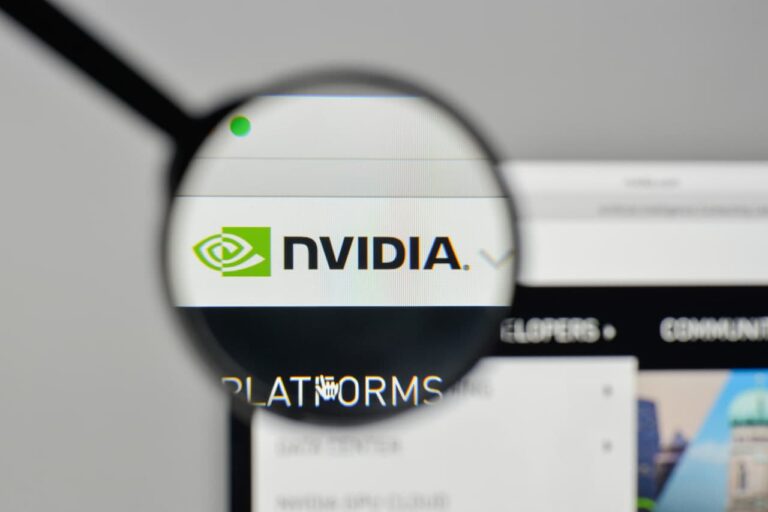
Nvidia (NASDAQ: NVDA), a global leader in the semiconductor industry, is experiencing a notable stock price drop following recent developments. The company’s shares fell by 3.7% during pre-market trading, bringing its valuation to $175 as of November 25, 2025. This decline comes amidst reports that Meta (NASDAQ: META) is shifting towards integrating Google’s advanced custom AI chips into its data centers.
Why Meta’s Move Towards Google Chips Matters
Meta’s decision to explore Google’s Tensor Processing Units (TPUs) signals a significant shakeup in the AI data center hardware market, a field where Nvidia has long dominated. Historically, Nvidia’s Graphics Processing Units (GPUs) have been the go-to hardware for designing and running large-scale AI models. Their hardware has enjoyed unmatched pricing power and long-term, lucrative contracts with big tech players.
With Meta potentially deploying Google’s AI chips as early as next year and scaling up through 2027, Nvidia’s competitive edge could be at risk. Google’s TPUs, designed specifically for AI tasks, provide a cost-effective and efficient alternative. If other hyperscale data center providers follow Meta’s approach, Nvidia may face reduced market share and pressure on its revenue streams.
Implications for Nvidia’s Market Position
Nvidia’s dominance in the AI accelerator market is a cornerstone of its growth and valuation. The prospect of Meta diversifying its AI chip providers could weaken Nvidia’s lock-in with key hyperscale clients, such as leading tech companies.
The broader technology sector is also seeing cautious sentiment, particularly among high-valuation AI and semiconductor stocks. Analysts warn that such shifts in hardware supplier preferences could rattle investor confidence, particularly when expectations for AI growth are priced for perfection.
Investor Takeaways
Investors are advised to monitor developments between Meta, Google, and Nvidia closely. A broader adoption of Google’s TPUs could lead to increased competition in the AI accelerator market and affect Nvidia’s future growth. However, it’s important to remember that Nvidia maintains a market-leading position with its hardware innovations and deep partnerships, which may still provide it an edge in certain applications.
For those tracking the semiconductor industry, this may be an opportune moment to review portfolio allocations and consider diversification. Investing platforms like eToro offer tools to trade Nvidia, Google, and Meta stocks with zero commissions, providing opportunities to navigate this competitive landscape.



